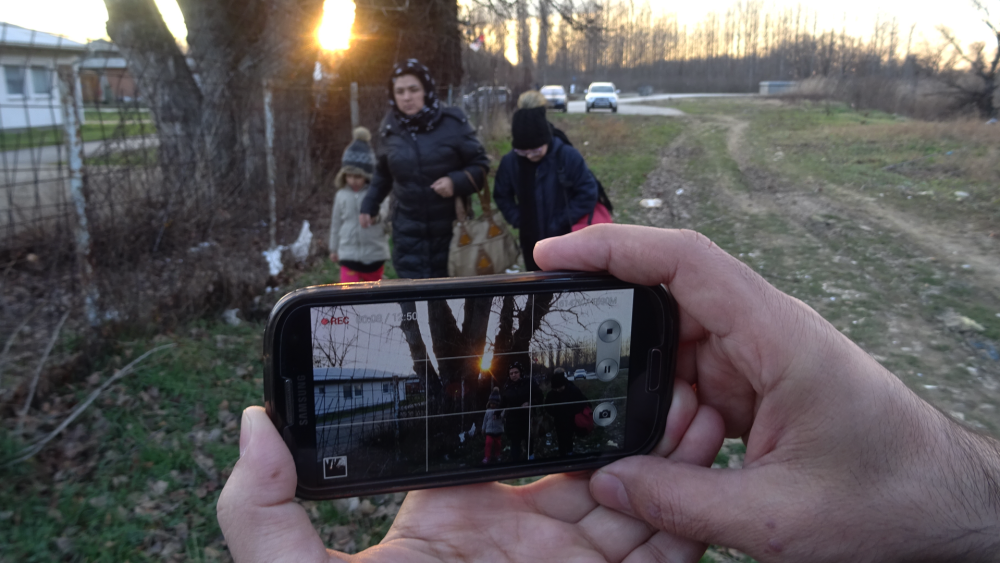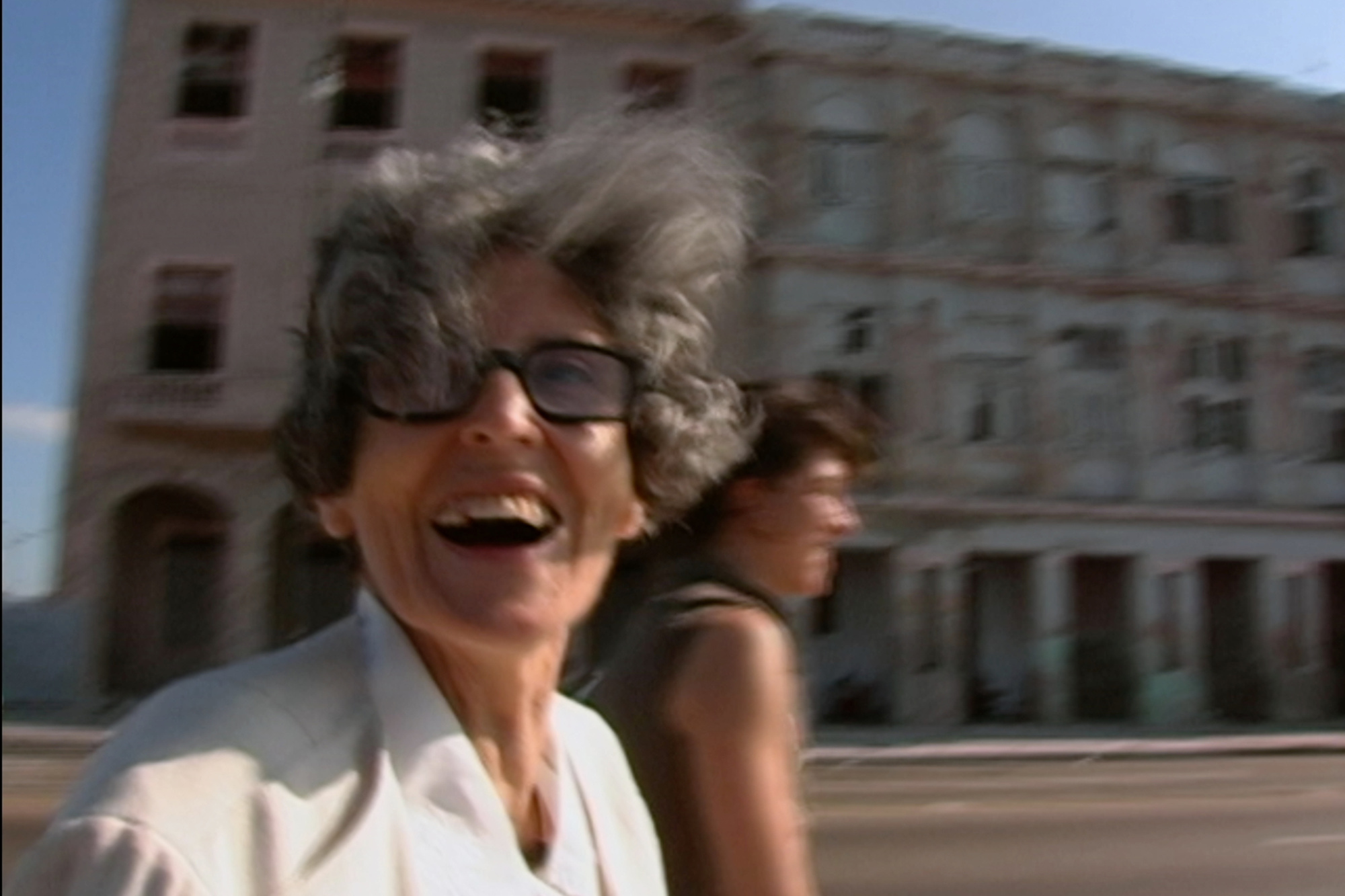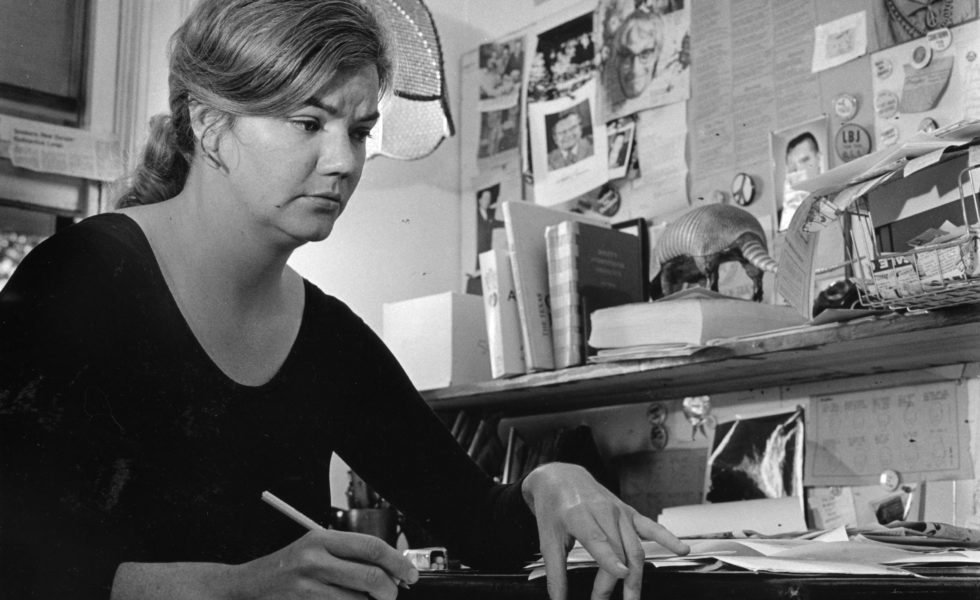Midnight Traveler
Midnight Traveler Director/ Hassan Fazili Watched on Amazon Rating 2/5 Hassan Fazili’s first-person home movie comes with the usual patchwork of funders’ logos displayed in the credits, signaling that the film has been blessed and packaged and delivered with the documentary industry’s collective stamp of approval; its importance and relevance and quality-controlled bona fides are meant to shield it from critical challenge. It comes to a viewer as a received work, not as an act of artistic expression; to discuss it as art is a pointless exercise. It is not meant to be criticized or debated. It is simply a commodity to be traded within the finite array of prestigious film festivals and assigned to fill the desirable slots of the second tier festivals. It had its run through these rarified venues before being purchased and then distributed to a handful of streaming sites. In sum, Midnight Traveler is like any of the other handpicked pre-loaded and pre-lauded documentaries that make the rounds of the non-fiction film universe: Small stories adrenalized for maximum dramatic punch; thin and recognizable narratives dressed up in faux-profundity through tricks of editing and sound design; characters shorn of complexity for easy digestibility. And all bearing the imprimatur of an industry that drains the blood out of messy, real-life stories and distrusts unfiltered points-of-view, that cloaks any hint of personalized cinematic verve in formulas conceived in expensive post-production suites. None of this is the fault of Hassan Fazili, or his family–which includes a wife and two young daughters–or the journey that [...]




